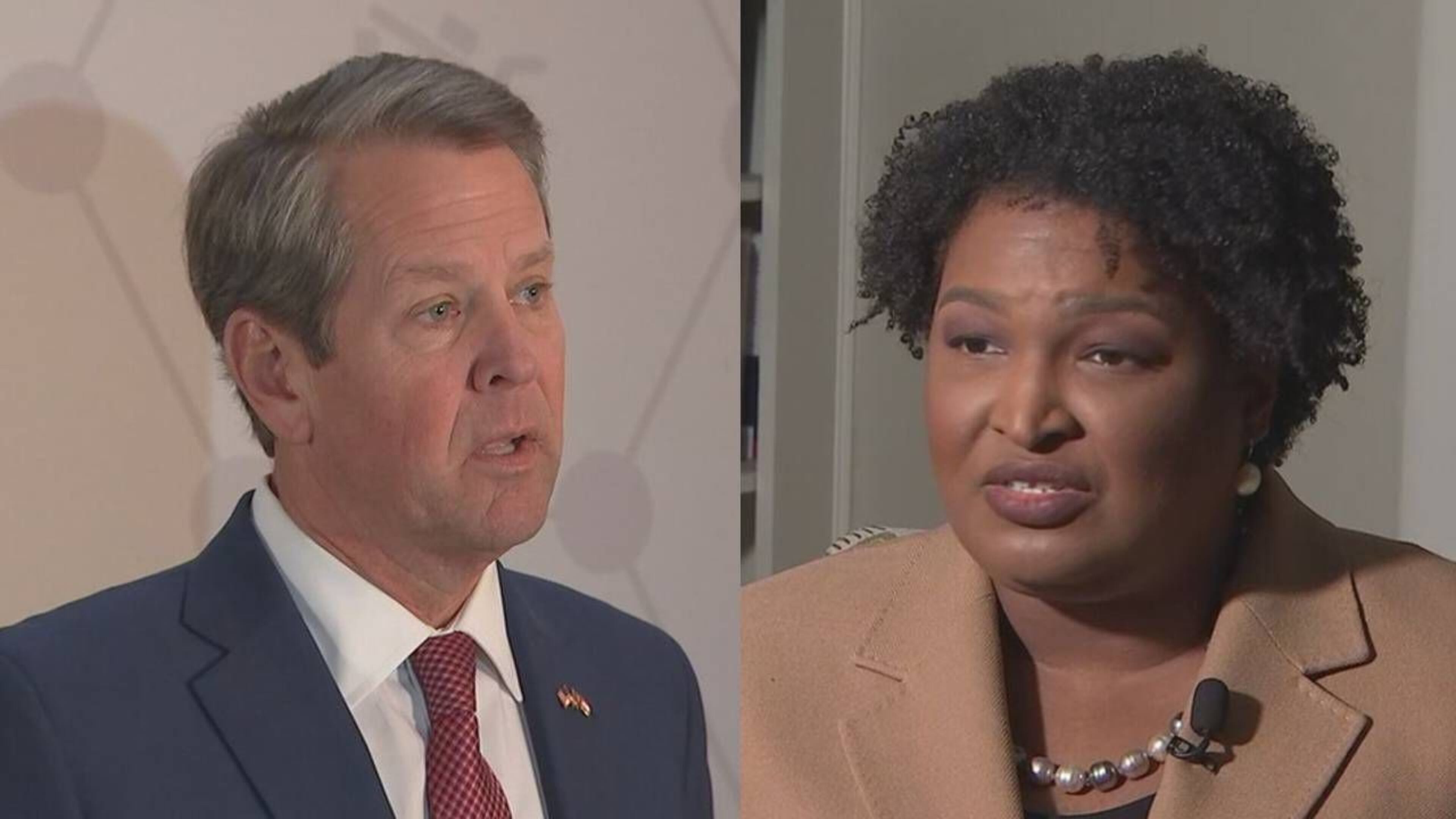Judge says law doesn’t allow him to declare Abrams Dem nominee for Georgia governor

A federal judge said state law is clear that Stacey Abrams isn’t the Democratic nominee for governor until she wins her uncontested primary.
That, in turn, could make her ineligible to use a state law created to give Gov. Brian Kemp a major fundraising advantage in their possible rematch this year.
Judge Mark Cohen said Monday he would rule by the end of the week on a lawsuit that asks to let Abrams use the leadership committee law approved last year by the Republican-controlled General Assembly.
The lawsuit says Abrams’ campaign has already created such a committee, One Georgia, but the state ethics commission told it that it couldn’t raise and spend money until she formally wins the Democratic nomination. The primary is May 24.
The law lets the governor, the opposing party’s gubernatorial nominee, and party caucuses raise as much cash as they can throughout the campaign, including during legislative sessions. It gave incumbents an added edge, since their challengers can’t use the funds until they win their party’s nomination.
Abrams’ lawyers argue that she should be treated as the Democratic nominee now since she didn’t draw a primary opponent. U.S. Rep. Nikema Williams, the chairwoman of the state Democratic Party, filed an affidavit declaring Abrams the nominee.
“Every day we are not allowed to raise (money) and the Kemp campaign is, we are on uneven footing,” Joyce Gist Lewis, an attorney representing the Abrams campaign, said in arguments before Cohen. “We are not asking for special treatment, we are asking for equal treatment.
“She is the nominee, that is our position.”
However, Cohen said state law is clear that “Stacey Abrams is not the nominee” and that Abrams’ campaign was asking him to re-write state law by declaring her the Democratic nominee before the primary.
“This statute is clear as day. You’ve got to have the primary” he said.
Cohen also said the Abrams campaign made the decision to ask to be allowed to use a leadership committee instead of questioning whether Kemp should be allowed, under the law passed last year, to have an advantage no other candidate possessed.
“You made a choice how to do this,” he told Lewis. “From the court’s perspective, you may have made the wrong choice.”
The leadership committee law gives Kemp a potentially massive fundraising advantage. There are limits on how much a candidate can raise from an individual or business interest. There are none for leadership committees, so they can collect huge checks from donors. The committees can coordinate with candidate reelection campaigns as well.
As of Jan. 31, Kemp’s leadership committee had taken in at least $2.3 million since it was formed in June. That is on top of the $12 million the governor has reported having in his campaign account.
Abrams, who was a fundraising powerhouse when she ran for governor in 2018, would surely rival Kemp’s haul. In her most recent disclosure, Abrams reported amassing $9.2 million in December and January. Access to unlimited donations would give her a new tool to court her nationwide network of donors.
In the opening months of the campaign, Abrams and former U.S. Sen. David Perdue, who is challenging Kemp in the Republican primary, have struck an alliance criticizing the leadership committee system. Both have framed it as an unfair law designed to help Kemp, and Perdue challenged it in court.
Cohen ruled in Perdue’s favor, issuing a decision in February that said the fund can’t be used to help the governor win his primary. However, the judge’s ruling held that Kemp’s fund can continue to receive unlimited donations to use in the general election campaign. .
If Kemp wins his GOP primary, he faces a re-match with Abrams of their closely fought 2018 contest, which the Republican narrowly won.
More Stories
The Latest



